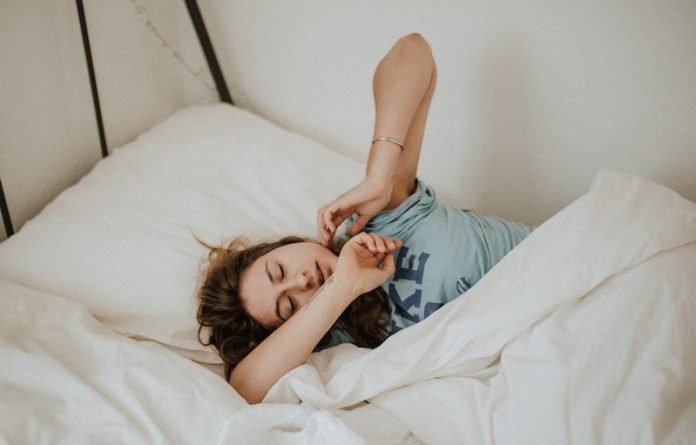
In a study from the University of Florida, scientists found the use of medication to treat sleep disturbances has fallen dramatically in the United States in recent years after several decades of climbing steeply.
They found a 31% decline in the use of common sleep medications between 2013 and 2018, a trend thought to be linked to a greater awareness of the potential pitfalls posed by these prescriptions.
The team showed the drop-off is particularly noteworthy for Americans over age 80, who are most susceptible to falls leading to injury when using sleep medications. The study showed an 86% decrease in this group.
An earlier study found that prescriptions for benzodiazepines, or BZDs, a class of drugs to treat anxiety and insomnia that includes diazepam (Valium) and alprazolam (Xanax), and non-BZDs, a similar class of medications including zolpidem (Ambien), climbed 69% and 140%, respectively, between 1993 and 2010.
In the current study, the team analyzed data from the National Health and Nutrition Examination Survey, conducted every two years.
They focused on medications specifically used for insomnia and other transient sleep difficulties.
While the use of sleep medications dropped across all drug classes, the study found the strongest decrease in FDA-approved medications, which fell 55%. (Other sleep drugs are prescribed on an off-label basis.)
The team noted BZDs and other hypnotics have been linked to the risk of motor vehicle accidents, memory impairment and, in older groups, falls and hip fractures.
Indeed, in 2019 the U.S. Food and Drug Administration required the placement of a “black box warning” on prescriptions of non-BZD hypnotics such as eszopiclone (Lunesta), zolpidem (Ambien) and zaleplon (Sonata).
Behavioral treatments for insomnia are increasingly encouraged by physicians.
The gold standard is cognitive behavioral therapy for insomnia, a program involving multiple visits to a sleep specialist to change behaviors or poor habits that cause sleep loss.
But access to such care can be limited because of a dearth of providers.
“Digital therapeutics” have grown in popularity. This is software accessed on a smartphone or computer that offers behavioral techniques to treat insomnia without a visit to a sleep specialist.
These apps can include a virtual coach teaching lessons on building better sleeping habits and allow users to track their improvement over the course of a multiweek program.
The team says these behavioral treatments have been shown to be at least as effective or even more effective than sleep drugs.
If you care about sleep, please read studies about noise that could boost your memory function and improve deep sleep, and avoid these 3 things in your dinner to sleep better tonight.
For more information about sleep, please see recent studies about a better way to treat insomnia and sleep apnea, and results showing this sleep pill can prevent kidney damage in diabetes.
The study was conducted by Christopher Kaufmann et al and published in the Journal of Clinical Sleep Medicine.
Copyright © 2022 Knowridge Science Report. All rights reserved.



